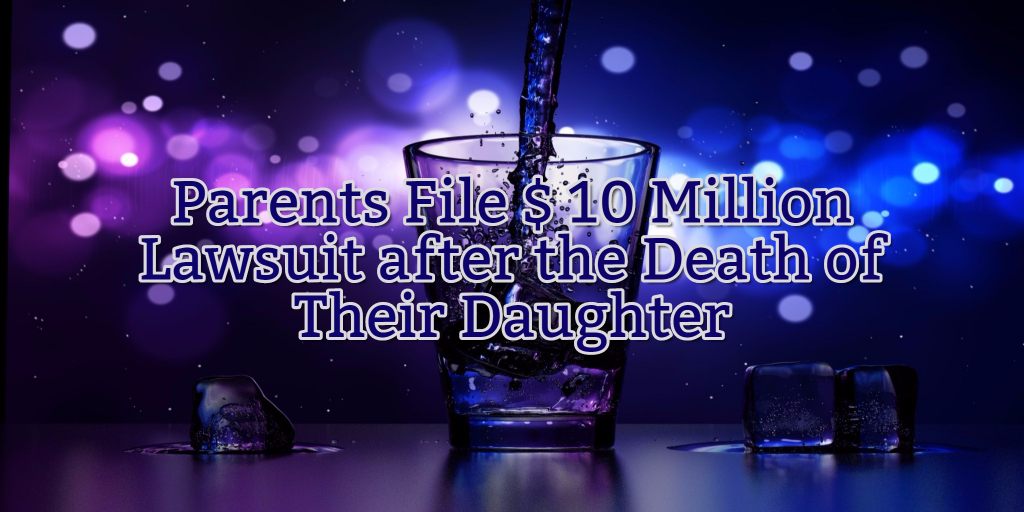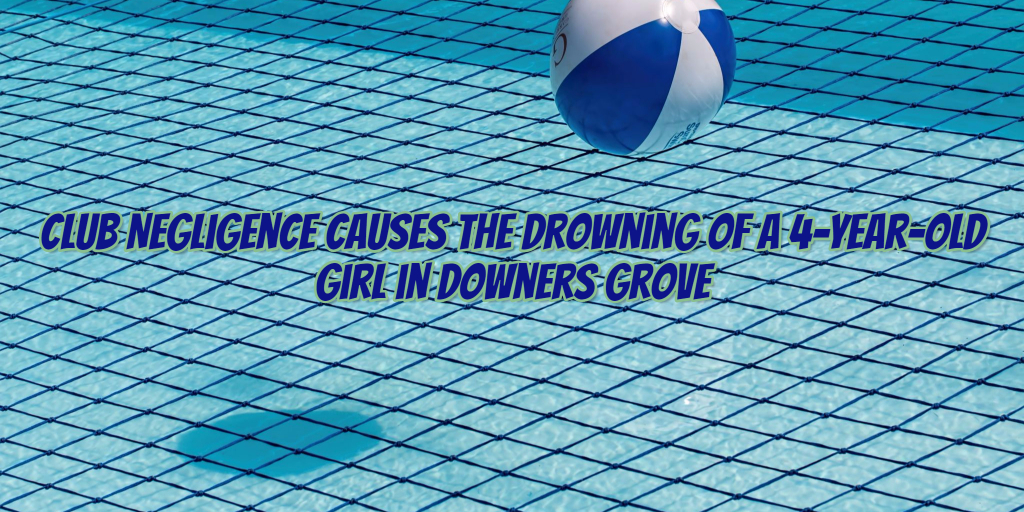he Texas attorney general made an announcement that the state intended to sue all local officials who oppose the ban on sanctuary cities. This is a law that intends to punish sheriffs and police chiefs who do not cooperate with federal immigration agents. The law requires that law enforcement agencies find out the immigration status during routine stops.
Officers who do not comply with the requirements will face possible fines and jail time. Those who oppose the law have said that it is unconstitutional, with various advocacy groups making the promise to challenge the law. Other parties have expressed fears that police officers may take advantage to engage in racial profiling.
Some of those mentioned in the lawsuit openly refused to comply with federal orders that they detain people based on their immigration status. Others have gone to court to seek legal interpretation of the role of local police in keeping communities safe. They have claimed that a legal process is better placed to resolve the issue as compared to a political one.
A good number of local officials have made their position clear, claiming that the law is not in the best interest of public said. One official said that although he was opposed to the law, he had always followed the law and would do the same with this particular one.
The lawsuit by the state seeks to have a District Court declare that the law is not in violation of the right to protection against unreasonable searches and seizures or the right to equal protection. It also wants the court to rule that federal law does not preempt the law.
With some politicians arguing that state authorities have the duty to hold undocumented immigrants and detain suspected criminal aliens, officials have begun to revise the relevant policies.
Some police officers have also argued that this law would potentially discourage immigrants from interacting with law enforcement officers or reporting cases of crime. While Republicans are in support of the law, local sheriffs and police chiefs, as well as the Mexican government, have strongly expressed their opposition.
The new law requires law enforcement officers to establish the immigration status, even when they stop people for traffic offenses. Authorities who fail to comply with federal requests could be jailed for one year. Police departments in cities and counties could be fined up to $ 25,500 a day for violation of the same law. President Trump also threatened to strip federal funds to non-compliant cities, but a federal judge blocked this order in California.











